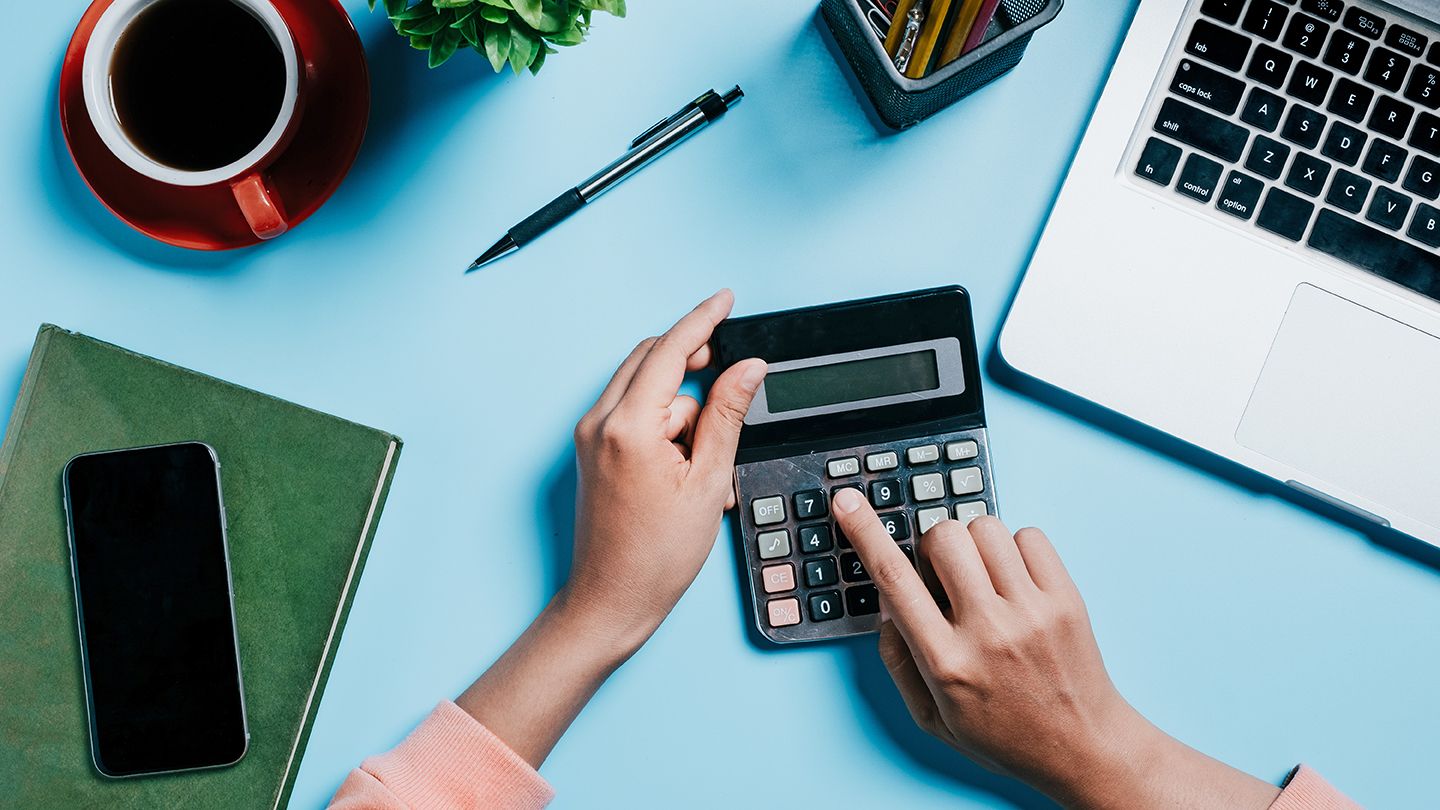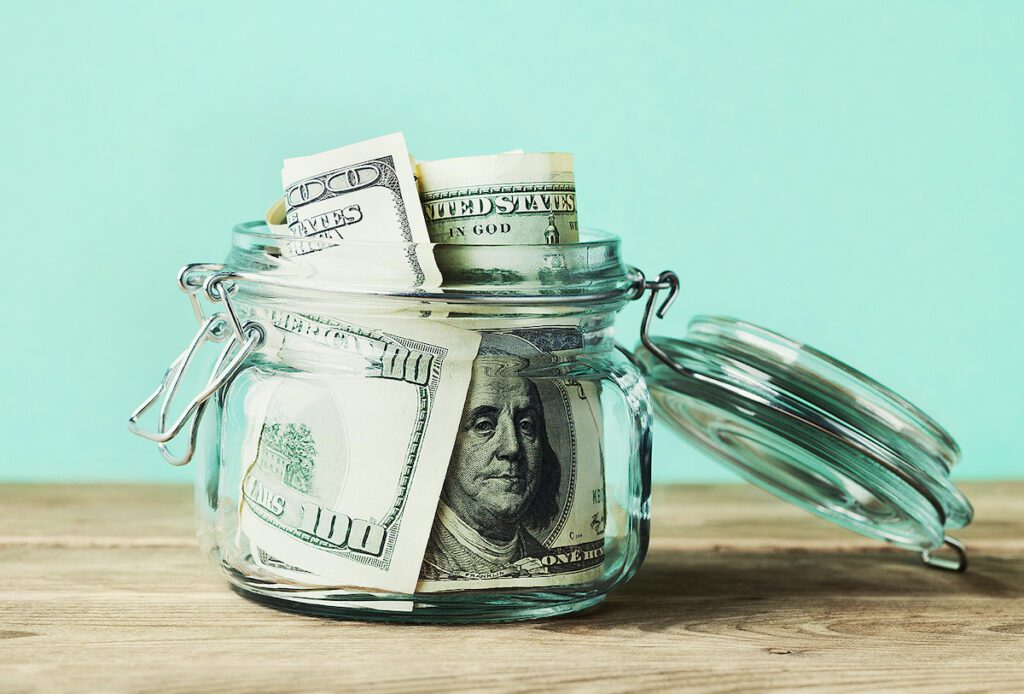
9 Ways To Stop Buying More Stuff
Buying loads of stuff seems to be the running theme in most of our lives these days, as there is so much to buy that is cheap, functional or attractive, and available to buy at all hours of the day with the click of a button before you’ve even gotten out of bed.
The problem with this is that this excessive consumption has a ton of downsides. It wastes your hard earned money and stops you from saving up for financial goals. It fills up your garage, your house, your cheap storage units, your shed – all spaces you pay a premium for per square foot. In addition, it is filling up the planet with all kinds of waste in the sea, in landfill sites and even within living areas overseas where excess waste has caused some communities to start burning trash piles to try and get rid of it all. But it keeps on coming, and you keep on buying it, and companies keep on making it. And all for what? A one time use? A rubbish ornament you don’t really like? A funny joke a person is destined to throw away after the short-lived laughter?
Even without considering minimalism as a lifestyle, most of us could and should live with a lot less stuff, but how do you manage to do that in a society where you’re marketed to every second of the day? Well, it won’t be easy but it is possible, especially with these 9 different methods of buying less stuff:

-
Declutter
Decluttering your cheap storage, your shed, garage and home is a great way to encourage you to stop buying more stuff. Firstly, it is a great way to come face to face with how much you buy and never use. Secondly, all that free space and extra room to enjoy is something to value, and you don’t want to slowly get rid of that by filling up those spaces with unnecessary purchases again.
-
Delete The Apps You Buy On
Apps that you buy on are very inviting and they often have algorithms that identify your search and buying patterns to present you with a range of items that you are likely to be interested in. The best way to avoid buying on these apps is to delete them altogether, that way you’ll have to actively download it or sign back in online to gain access.

-
Make Some Savings Goals
Making some savings goals is a great way to stop buying more stuff, because every bit of money you spend on stuff you don’t need is money taken away from that new holiday, house deposit or new car. Utilise a savings app to ensure money is taken from your bank account on payday so you don’t have a chance to spend it. There are also helpful features like round-up, which is where the money you spend is rounded up to the nearest pound. So if you spend £3.35 on a coffee, 65p is then set aside as a round-up and put into your savings.
-
Start Enjoying Selling Things
It is so helpful to redirect your buying enthusiasm towards saving instead. Whether you sell off your decluttered items, or you enjoy selling any unwanted gifts you have received, or even things you make, enjoying selling items and making money instead of buying things is a really great habit to form.

-
Avoid Buying Hotspots
Buying hotspots are any area where you know you are prone to making an impulse purchase. Are you a planty person? Stay out of the garden centres and the plant section of supermarkets and DIY stores. Are you a bit of a clothes lover? Stay away from your favourite shops and markets. It’s about changing your habits and it starts with simply avoiding areas you’re prone to being weak with your resolve.
-
Ask Yourself Several Questions Before Making A Purchase
It could be a good idea to ask yourself several questions before you are allowed to make a purchase. Maybe you have to ask yourself if you really need it, like it, can afford it, and truly want it. Perhaps you have to ask yourself if this is an impulse purchase. It sounds simple, but sometimes we just need to be honest with ourselves during the process of mindless buying, so that we can stop those purchases actually going through.

-
Get Yourself A ‘Buying Barrier’
If you feel like you can’t be trusted to stop buying needless items it can help to have your partner or shopping buddy become a buying barrier. Maybe they have to stop you buying anything other than essentials. Maybe they have to ask you some questions – as we suggested above – before you are allowed to buy anything. Having a helping hand who knows your goals and cares about you reaching them can be so helpful, especially when you’re in the beginning stages of changing your habits.
-
Spend More On High-Quality Items
It can be handy to invest some money in items designed to last. Sometimes, we can be in the habit of buying lots and lots of the same item over a lifetime because we buy cheap or chase the latest model of X, Y and Z. Instead, it is important to invest in items that are extremely high quality so they will last you a lifetime, preventing the need to continually replace over and over again.
-
Fill Your Time With Other Activities
It is important not to get used to casual spending when you’re bored, something that is all too easy now with online apps and websites. Instead, fill your time with other activities like exercise, word games, reading, gardening and cooking, so that you aren’t just sitting looking through tempting listings.
Despite what all the marketing tells you – there is so much more to life than ‘stuff’ and the first step to finding that out, is to take positive steps to buying less.
Hopefully, the tips above will curb your enthusiasm for spending, helping you to help the planet, boost your bank balance and avoid cluttering up your living space.



